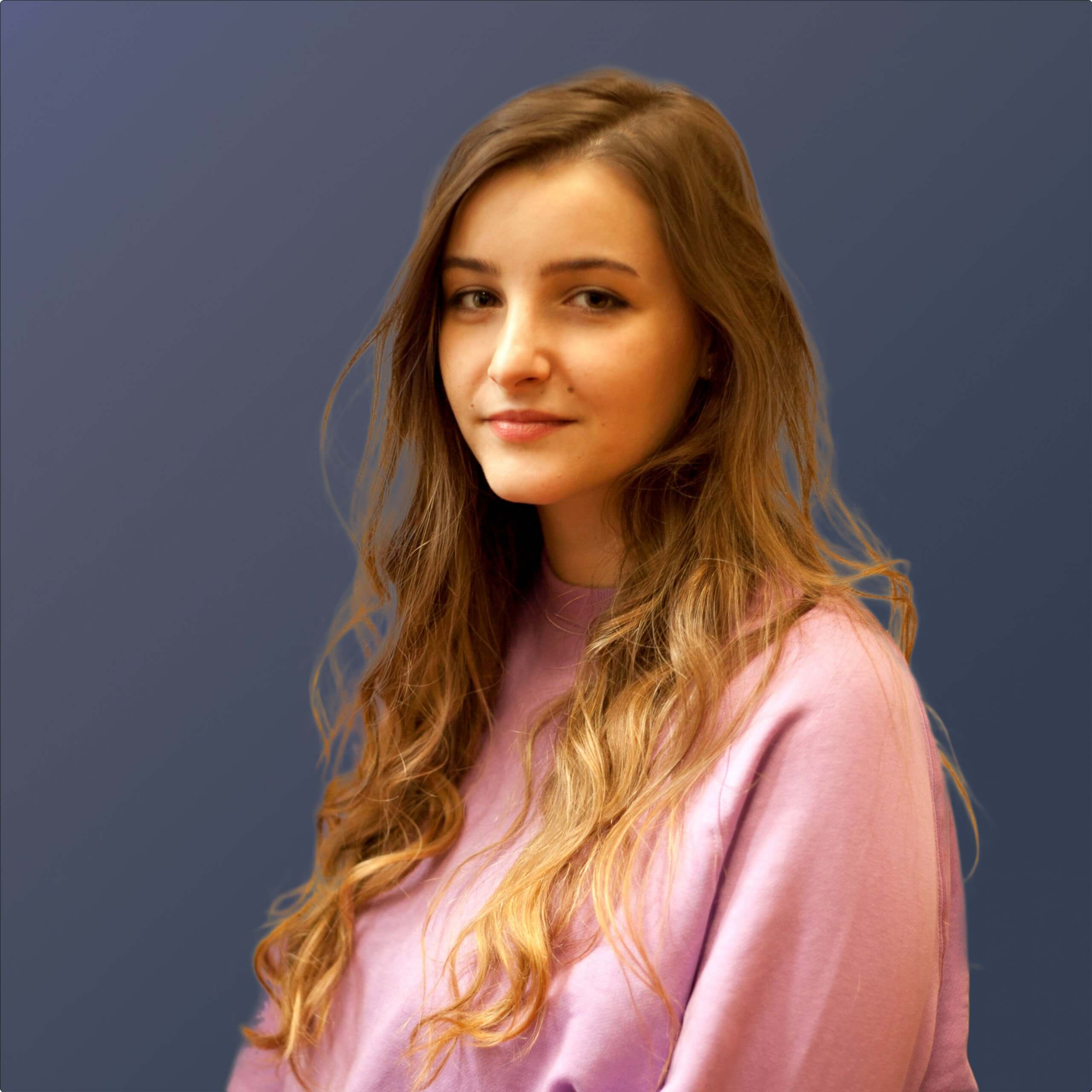Recently, I have participated at a start course in NLP (neuro–linguistic programming). For those unfamiliar with this term, I could give one of the „definitions”, sustaining that NLP: “is the applied amount of psychology knowledge, research of mind and language, and makes possible the teaching and learning of success communication and of thinking and action oriented towards objectives for personality development.”
I can also tell you it was quite an experience that I enjoyed a lot and has proved I do not know myself that well as previously considering. It has determined to ask myself about my own person and to realize that knowing me is a laborious process, but worth every penny.
Recently, I have participated at a start course in NLP (neuro–linguistic programming). For those unfamiliar with this term, I could give one of the „definitions”, sustaining that NLP: “is the applied amount of psychology knowledge, research of mind and language, and makes possible the teaching and learning of success communication and of thinking and action oriented towards objectives for personality development.”
I can also tell you it was quite an experience that I enjoyed a lot and has proved I do not know myself that well as previously considering. It has determined to ask myself about my own person and to realize that knowing me is a laborious process, but worth every penny.
They say it is difficult to know a person, especially when most of them use the same old phrase: “Nobody knows me better than I do.” Is that a fact? Are not we the ones that wear a different mask: one for the boss, one for a colleague we like, one for a colleague we dislike, one for our family, another for our friends and the list could be endless.
One of the NLP’s fundamental presuppositions says that: “people are not their behaviours.” At first seems to be a contradiction, but analysing from a morphological point we discover that at its origins the word “behaviour” meant in Greek “persona” – which sense is “mask” or better said “social role”. So, we discover an interpretation of the presupposition: “people are not represented by their masks (roles).”
Our current life offers the opportunity to find out some new things about ourselves. We should open our mind eyes, to look deep down ourselves and to begin the long process of self-knowledge. As people we imposed some limitations that are doing nothing else but be worse off in the process of self-knowledge. Another NLP presupposition sustains that: “resources and capacities that man should alter are within him under the shape of potential.”
Self-knowledge is not an impossible process, but it’s compulsory to truly wish to discover ourselves. I believe everything comes out the basic gestures, simple, apparently ordinary. For instance, have you noticed that when we smile we feel happy and pass a good feeling and positive energy to ourselves and also to those around us?
One of the 3 exceptional models on whose basis the NLP has developed, Virginia Satir, said that: “we must not allow other people’s limited perceptions to define us”. Under these circumstances, would you like to try to imagine how would it be to really know ourselves, how would we feel and how would we use this benefit in our relationships?


